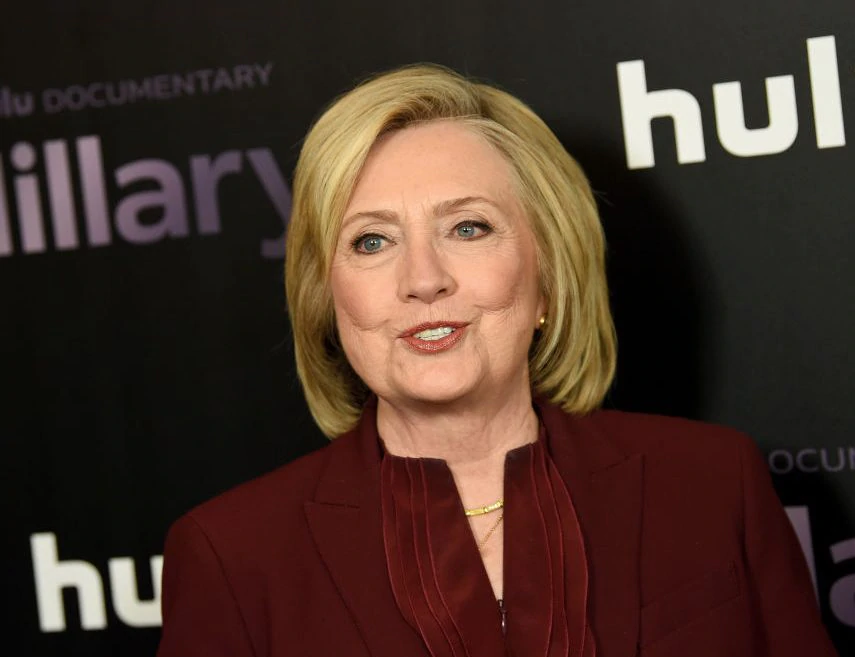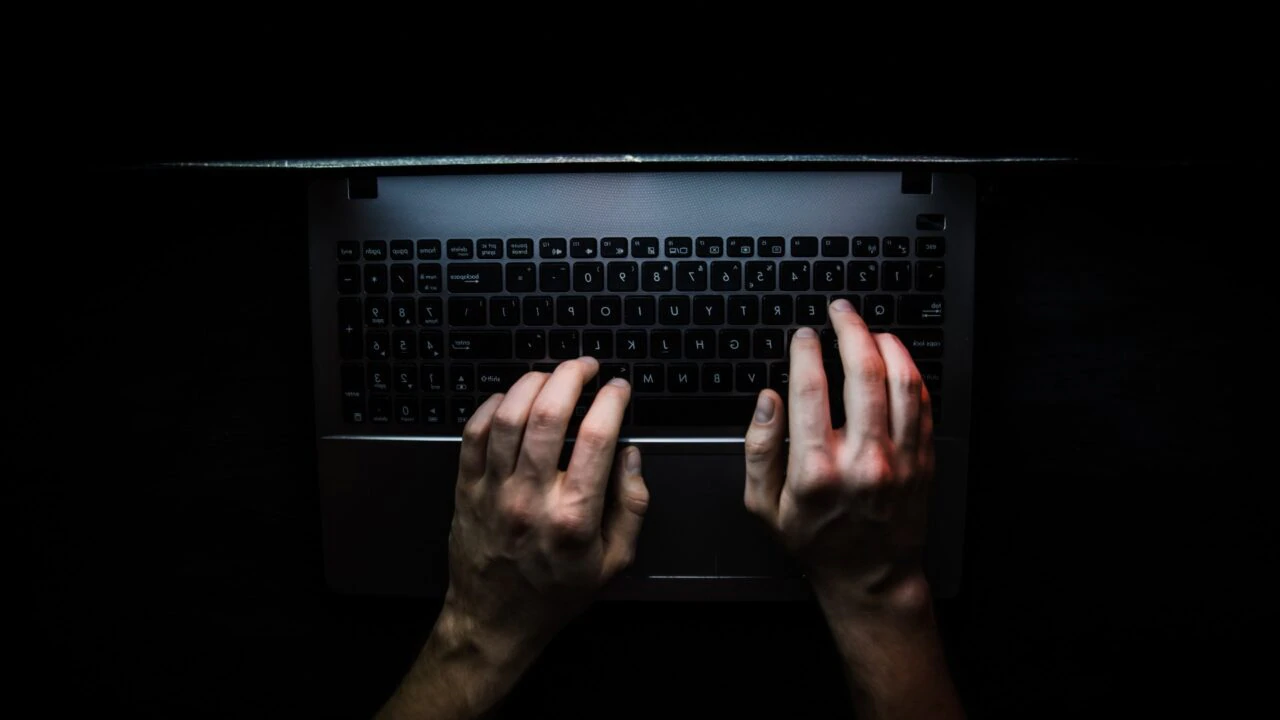[ad_1]
Twitter has made moves lately to keep harassment and disinformation from spreading on its platform. To that end, the social media company says they’ve removed thousands of QAnon posts that advanced discredited conspiracy theories.
Read More: Joy Reid’s MSNBC show ‘The ReidOut’ debuts at No. 1
“We’ve been clear that we will take strong enforcement action on behavior that has the potential to lead to offline harm,” Twitter said in a tweet from its Safety account on Tuesday. “In line with this approach, this week we are taking further action on so-called ‘QAnon’ activity across the service.”

QAnon is best described as a bunch of individual account holders who have, in recent years, banded together using social media to amplify their theories. One of them is the existence of a “deep state” that is supposedly a collection of people who have formed a shadow government using political, social or economic power and are actively undermining President Donald Trump.
According to the New York Times, the group’s beliefs were encouraged by a person or persons named Q who supposedly shared secret government documents that prove that Trump is being targeted.
Those documents were shared on private online message boards that ultimately spread widely via social media. Another QAnon belief is that there is a widespread pedophile ring in Hollywood and among other wealthy elites that has been covered up.
A Twitter spokesperson said that 7,000 accounts have already been removed but that the purge may ultimately encompass more than 150,000 accounts.
“These accounts amplify and enable networked harassment on a level that’s clearly against the Twitter terms of service,” Alice Marwick, associate professor of communication at the University of North Carolina told The New York Times. “But this won’t stop QAnon from operating. It’s multiplatform and really good at adapting as media ecosystems change.”
In an election year, the disinformation campaign spread by these groups across social media can gain enough traction to impact the election. Disinformation through social media was one of the things that could have turned the tide in the last election when former Secretary of State Hillary Clinton lost to Trump in 2016.
She believed that Russia, who was found to have interfered in the election with a covert campaign to spread lies, had helped to “weaponize” information against her.

“The Russians, in my opinion, and based on the intel and counter-intel people I’ve talked to, could not have known how best to weaponize that information unless they had been guided,” Clinton said at the Recode conference in 2017, when discussing how she believed the election was lost.
“Guided by Americans,” she clarified.
Read More: Trump addresses Epstein’s ex-girlfriend Ghislaine Maxwell: ‘I wish her well’
QAnon has been called a threat to domestic terrorism by the FBI.
Facebook, Twitter, and YouTube have all cracked down on manipulated posts, videos and photos linked to QAnon. However, some of those theories have found new traction on newer social media platforms like TikTok, reports The New York Times.
Have you subscribed to theGrio’s podcast “Dear Culture”? Download our newest episodes now!
[ad_2]
Source link


